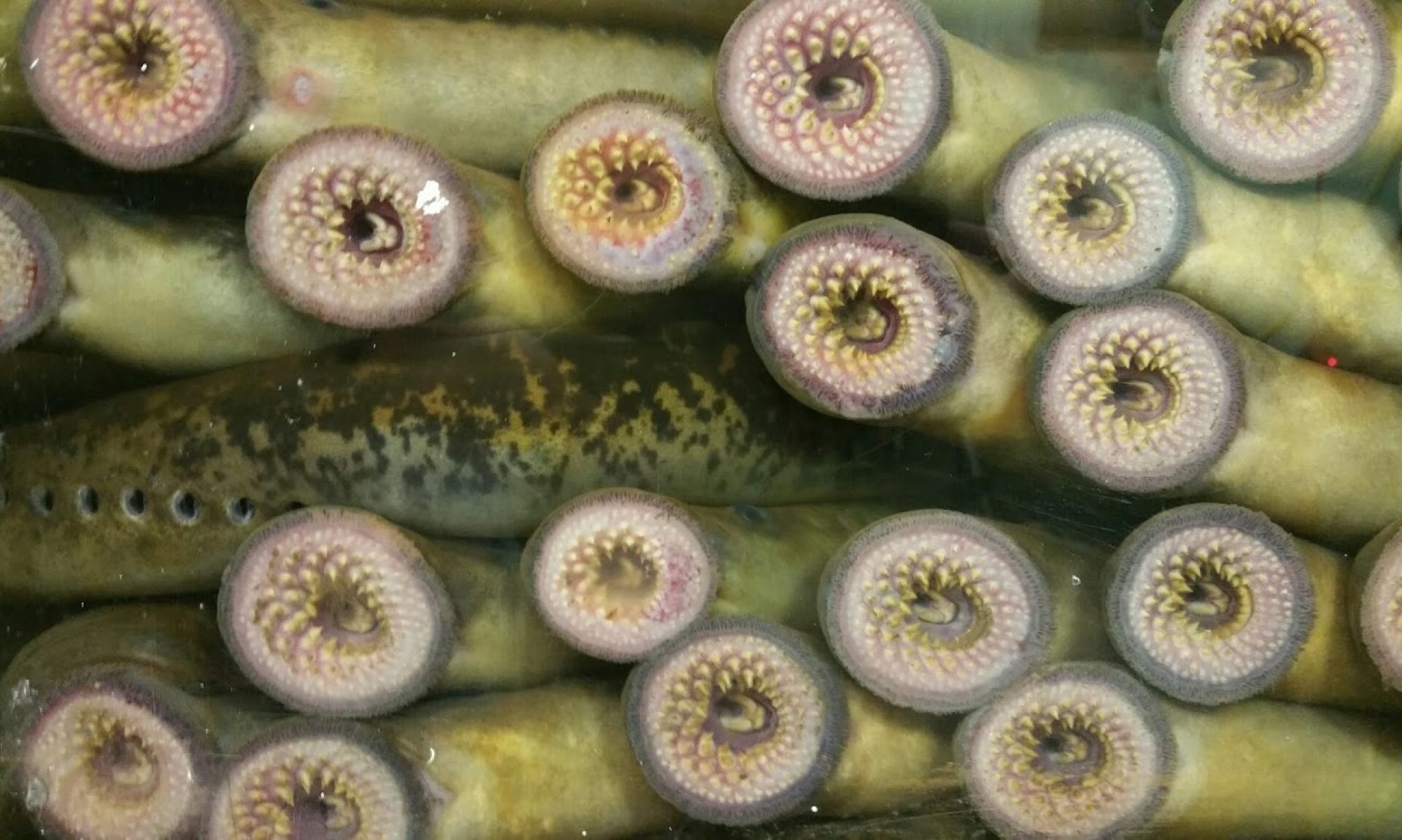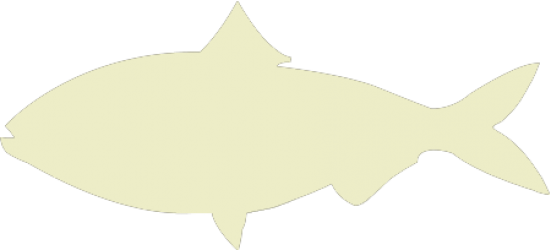
As if Atlantic salmon weren’t having enough trouble already, now alien monsters are ambushing them as they migrate! A group of scientists in France published a paper last week demonstrating that the European catfish (Siluris glanis), also known as the Wels catfish, have developed a new strategy to take advantage of their prey (Boulêtreau et al. 2018).

Wels catfish are not native to the region, having been introduced in the 1970’s. They are voracious predators that readily adapted to their new habitats, and are now huge in numbers and size. When you envision a catfish you probably think of a slow moving ambush predator that sits in wait for its prey. Not the Wels. Wels are big, sleek predators getting as large as 9 feet long and weighing close to 300 pounds! That is about as large as freshwater fish get in most western European rivers (though sturgeon are still the biggest in those waters).
The catfish have learned to ambush the salmon at a fish pass on the River Garonne in southwest France. The new tactic that they use involves waiting for Atlantic salmon to enter a fish pass, then ambushing the salmon either in the narrow confines of the fish pass or as they immediately exit the pass.
And they’ve been shown to be quite adaptable in other rivers. In fact, a paper published in PLOS ONE back in 2012 showed that this same species of catfish in the Tarn River of France had learned a new tactic to eat pigeons on the shore (Cucherousset et al. 2012). This amazing behavior was never seen before in fish, and its highly unlikely that they learned it by watching killer whales feed on seals! Check out the video to see the catfish hunting their feathered prey.
These Wels are intelligent – learning new behaviors and apparently teaching it to each other. In the paper they show an increased number of catfish showing up at the fish pass over the years to take advantage of the easy meal (Boulêtreau et al. 2018).
If you’re looking for some impressive video of them, check out season one of River Monsters with Jeremy Wade fishing for them on the Rio Ebro in Spain. Or Monster Fish season 6 episode 6 with Zeb Hogan. Shameless plug – I got to meet Zeb Hogan at the American Fisheries Society Meeting in Kansas City back in 2016.

I’ve always loved catfish. I’ve caught many species over the years while fishing (still need to make it to the Amazon though), and have kept many more species at home in aquariums. I knew they were intelligent, but I never would have imagined this. They are a hugely successful group, both in terms of number of species and number of individuals. They have a wide range of sizes, behaviors, and appearances; from the solitary, massive Mekong giant catfish to (9 feet long, almost 650 pounds) to the schooling, tiny Aspidoras (less than an inch long). They exist on every continent (except Antarctica) and in the ocean. Is their intelligence linked to their impressive distribution? I like to think so.

